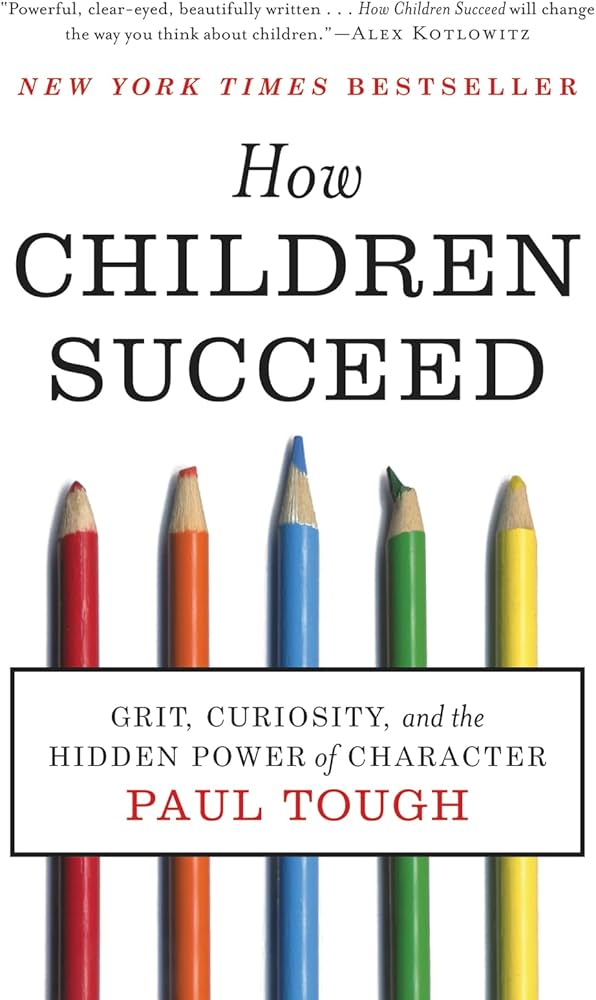Paul is a contributing writer to the New York Times Magazine; his writing has also appeared in the New Yorker, the Atlantic, GQ, and Esquire, and on the op-ed page of the New York Times. He is a speaker on topics including education, parenting, equity, and student success.
He has worked as an editor at the New York Times Magazine, and Harper’s Magazine and as a reporter and producer for the public-radio program “This American Life.” He was the founding editor of Open Letters, an online magazine.
"He uncovers the surprising ways in which parents do—and do not—prepare their children for adulthood."
He has worked as an editor at the New York Times Magazine, and Harper’s Magazine and as a reporter and producer for the public-radio program “This American Life.” He was the founding editor of Open Letters, an online magazine.
He lives with his wife and two sons in Austin, Texas.
How Children Succeed introduces us to a new generation of researchers and educators who, for the first time, are using the tools of science to peel back the mysteries of character. Through their stories—and the stories of the children they are trying to help—Tough traces the links between childhood stress and life success. He uncovers the surprising ways in which parents do—and do not—prepare their children for adulthood. And he provides us with new insights into how to help children growing up in poverty
Early adversity, scientists have come to understand, not only affects the conditions of children’s lives, it can also alter the physical development of their brains. But innovative thinkers around the country are now using this knowledge to help children overcome the constraints of poverty. With the right support, as Tough’s extraordinary reporting makes clear, children who grow up in the most painful circumstances can go on to achieve amazing things.
This provocative and profoundly hopeful book has the potential to change how we raise our children, how we run our schools, and how we construct our social safety net. It will not only inspire and engage readers, it will also change our understanding of childhood itself.


